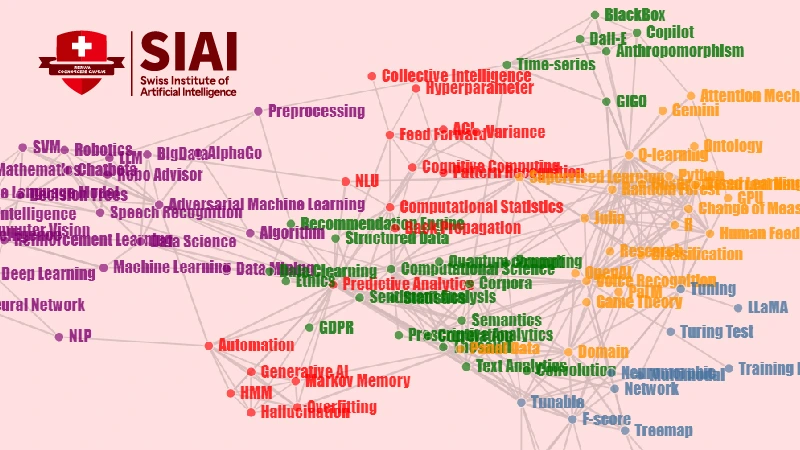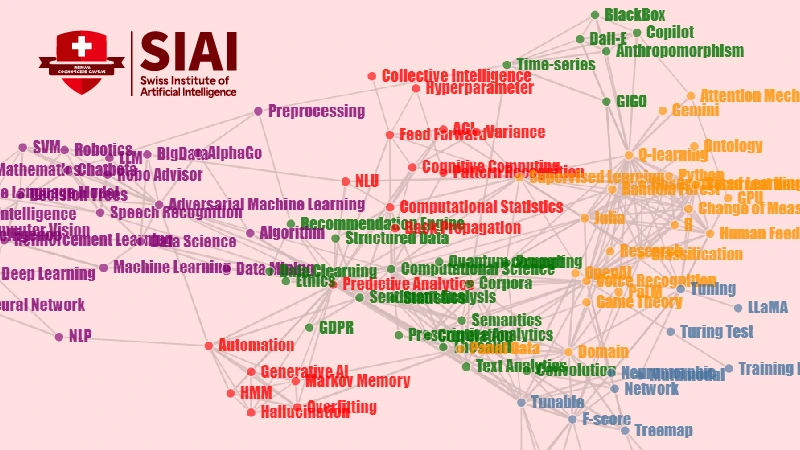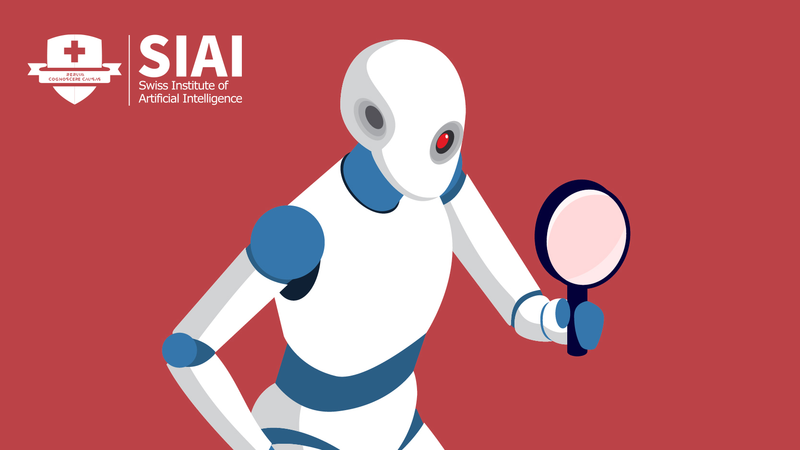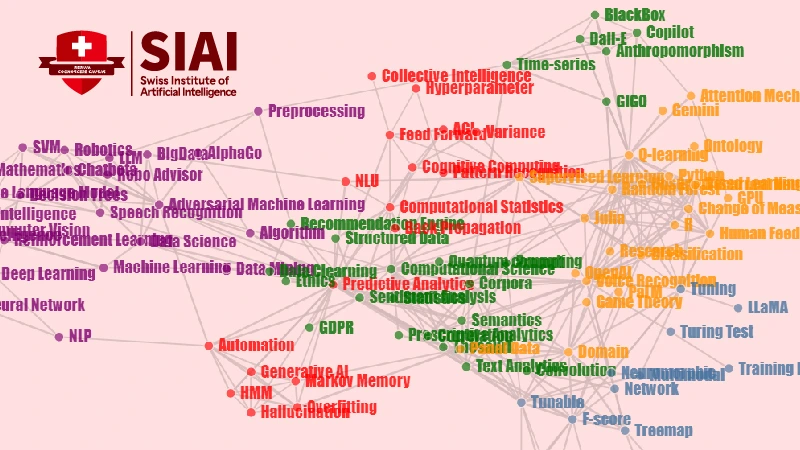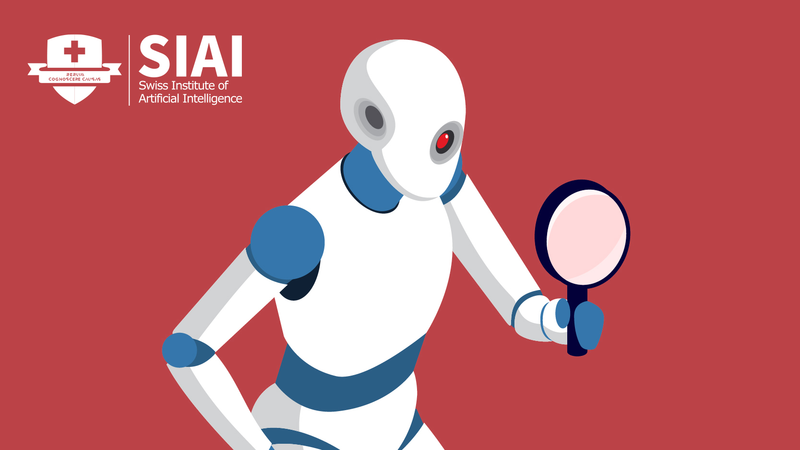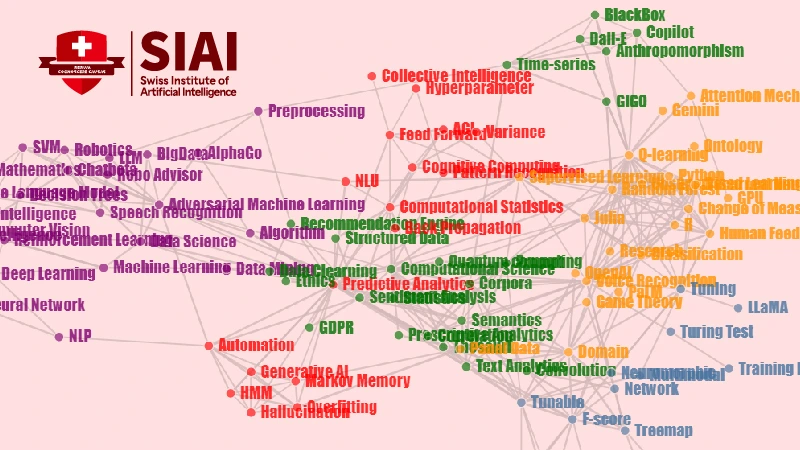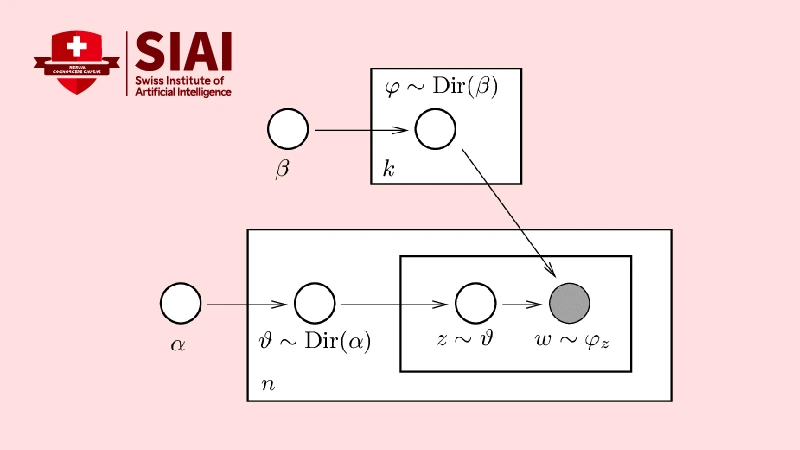MBA in AI & Big Data
The most rigorous MBA in the world (By MBA Ranking.com)
Most cost effective and business-oriented MBA for deep AI/Data Science
Nowadays a variety of industries and companies claim their adoption in AI, but the reality is still far behind what AI optimists have promised. The program, by reasonable depth of theoretic understanding in elementary scientific tools, helps students to uncover exaggerated claims in the AI/BigData industry, to look through what the necessary skill sets are to achieve goals in AI application, and to fit expectations to reality. Unlike regular MBA programs elsewhere, it is a more hard skill-based, yet AI business-oriented specialization.
Beaware that SIAI’s AI MBA does not provide ordinary MBA’s biz courses. Most courses are shared with PreMSc AI/Data Science, which is nearly identical to US top research school's junior to senior year undergraduate programs in STEM. Between AI MBA and PreMSc, 10 out 12 course contents are identical, but MBA students are given different sets of grading/evaluation. If wanted, MBA students choose Technical track to be under MSc’s grading policy.
Technical track
The track is nearly identical to Pre-MSc AI/Data Science, which is highly similar to junior to senior year BSc programs in the top-notch research schools. As MBA, we add more AI business case courses, if to mention any difference.
Upon graduation, students are qualified to attempt a variety of daily business problems with sufficiently deep enough technical tools. Mathematical requirements for this track are as good as first few courses in scientific Bachelor programs in top research schools. Technically not prepared students are unfortunately discouraged to pursue this track.
Successful candidates later rejoin to school for MSc AI/Data Science, as with Pre-MSc track students. Unsuccessful students are encouraged to switch to Business track
Business track
The business track is designed to explain learned concepts in plain English. List of classes required to finish are identical to the technical track. i.e. Students are given the same class materials.
However, unlike technical track, students have options to write essays instead of math and code-based examinations. For the essay, the course covers use-cases of previous exams, which are mostly concise summary of live events in real field, so as to apply conceptual understanding to students’ personal business environments.
Such re-interpretation has proven to strengthen one’s deeper understanding and more clear translation of mathematically written idea to live business events.
Lecture Note
Carousel
MBA in AI BigData
at a glance
HIGH QUALITY ONLINE CLASSES
ONLINE TA SESSIONS
12 COURSES & 1 DISSERTATION
8 WEEKS FOR TWO COURSES
2 COURSES PER WEEK
1 YEAR PROGRAM
Learning Outcomes
DATA ANALYTIC TRAINING FOR ABSTRACT THEORY TO REAL APPLICATION
CASE STUDIES FOR APPLYING COMPUTATIONAL SCIENCE TO BUSINESS
MBA in AI & Big Data

- 3-hour Video-recorded classes per week (Required)
- 1-hour support sessions per week (Selective)
- Final exam / term paper 1-week after the end of the course
- Total 12 courses, 2 courses for 1 term
- 1 term for 8 weeks

Class module : Online only
Credit : 90 ECTS / (Level / EQF 7)
Required documents
- Bachelor diploma and transcript (mandatory)
- Graduate school diploma and transcript (if applicable)
- Statement of Purpose

1 Year for 12 courses
1 Term for 8 weeks with 2 courses
Prep classes are available
- LaTeX for assignments and paper writing
- Programming prep for Python
Requirement for graduation
- Coursework: 60 ECTS (12 courses)
- Dissertation: 30 ECTS
- Technical track: 20,000 words or above and technical interpretation of the topic
- Business track: Case study equivalent to tech track's dissertation

- Application fee : CHF 200.- (Non-refundable)
- Administration fee : CHF 2,000.- (Non-refundable)
- Courses : CHF 3,000 per course
– 2 courses per term (Bi-monthly payment)
– 1 course for 5 ECTS*
Graduation requirements
- Coursework – 60 ECTS* wth average 60% or above
- Dissertation – 30 ECTS*
- Tech track: 20,000 words academic essay or equivalent mathematical/programing application
- Biz track: Case study equivalent to tech track's dissertation
- 6 months support course (CHF 6,000)
*ECTS – European Credit Transfer and Accumulation System
Scholarship
- If 70% or above in admission examination
- RA/TA opportunities

- No official admission examination
- Following documents will be thoroughly reviewed
- Statement of Purpose
- Undergraduate transcript
Please note that if you have not done any STEM education during your undergraduate or even in graduate studies, we recommend you to try MBA AI programs' business track. Even if you have applied for tech track, if no record of mathematical training is found, the offer letter will be given to biz track.

For non-native English speakers, should meet one of the following criteria by graduation
- High school or University level diploma from an all-English program
- TOEFL iBT 100/120 or above (with each section at least 21/30)
- IELTS 7 or above (with each section at least 6.5/9)
- Pass grade from SIAI’s internal English course
Internal English course
- Course fee: CHF800
- Course schedule
- July~Aug (8 weeks)
- Live session
- 3 hours per week (usually weekend)
Q&A
SIAI Experience Stories
Review
MBA, but not the same MBA
MBA in AI & BigData is not a regular MBA. It is specifically focused on data analysis in business environment.
In the program, elementary math, stat, and scientific programming courses which are often regarded as research and hard theory courses are translated into business manner. Unlike vocational schools for programming or MBAs for soft-skill jobs, the courses require students to train abstracting simple cases so as to generalize and customize to a variety of differing situations. Such training help students seeing theory in a more practical perspective, which is a foundation of this program.
After initial training in elementary scientific knowledge, in Digital Marketing, students are presented how online IT business leverages AI & BigData, which works as a guidance for practical understanding of theories. Similarly, in AI Business cases, newly emerging business (ex. Robo-advisors, SNS analysis) applications of AI will be discussed in the context of math and stat in response to the recent advent of computational approaches. In addition, legal issues, mostly privacy protection issues, are provided in conjunction with Law & Economics and IT business specific concerns in Law and AI.
In the final term, both data visualization and data management help students not only build a sample database (DB) and read it to programming language, but they will also use the DB to apply learned theory to real-life data set. Graduates will experience that, together with mathematical intuition, data visualization can be extended to solve a myriad of business problems.
The program concludes with a MBA-level dissertation (tech track) or a case study (business track).
